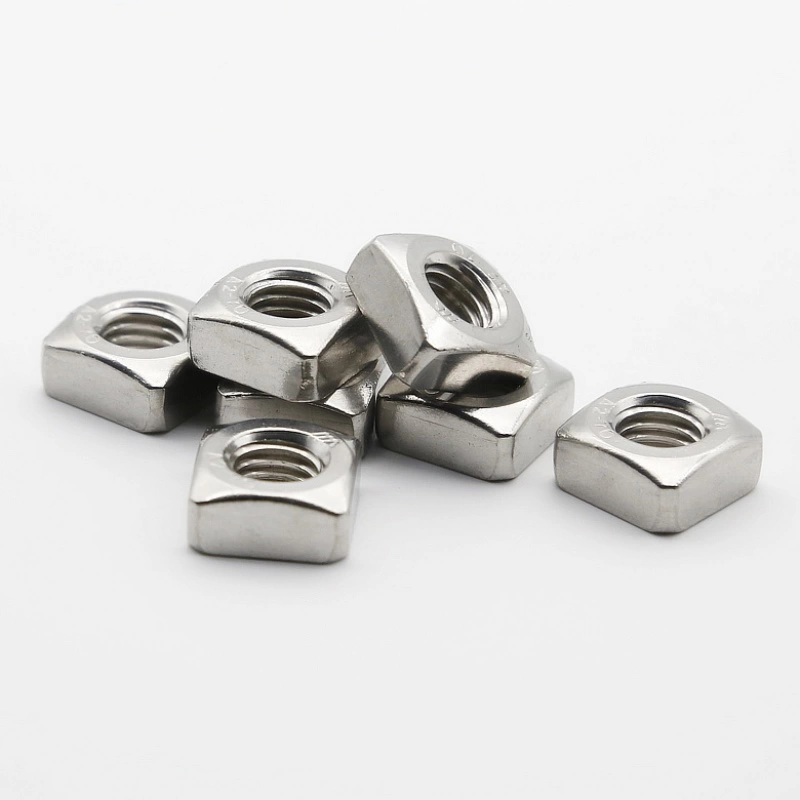

High-Quality Galvanized Threaded Rod for Secure Fastening Applications Available in Various Grades
11월 . 30, 2024 18:49 Back to list
High-Quality Galvanized Threaded Rod for Secure Fastening Applications Available in Various Grades
Understanding Grade 4.8 8.8 Galvanized Threaded Rods A Comprehensive Overview
When it comes to fasteners in construction and manufacturing, threaded rods are pivotal components that provide strength and stability in various applications. Among the myriad of options available, Grade 4.8 and Grade 8.8 galvanized threaded rods stand out due to their durability, corrosion resistance, and overall performance.
What are Threaded Rods?
Threaded rods, often referred to as studs or all-thread, are long, cylindrical rods that have threads along their entire length. These threads allow the rods to be easily secured with nuts or connected to other materials. Used widely in construction, engineering, and mechanical applications, they serve multiple purposes, including anchoring, bolting, and tensioning.
Understanding Grades
The grading system for threaded rods is critical in determining their strength and application. Grades are defined based on their tensile strength and yield strength.
- Grade 4.8 This is a low-carbon steel grade often used for general-purpose fasteners. It represents a tensile strength of 400 MPa (megapascals) and a yield strength of 240 MPa. Grade 4.8 threaded rods are suitable for applications where the load is relatively moderate, making them ideal for many residential and light commercial projects.
- Grade 8.8 This is a medium-carbon steel grade that is heat treated to enhance its strength and performance. With a tensile strength of about 800 MPa and a yield strength of 640 MPa, Grade 8.8 rods are designed for heavier loads and more demanding conditions. They are commonly employed in structural applications such as bridge construction, high-rise buildings, and industrial settings.
The Benefits of Galvanization
Galvanization is a process where steel is coated with zinc to protect it from corrosion. This is particularly essential in environments where moisture, chemicals, and harsh weather conditions prevail. Galvanized threaded rods offer several advantages
1. Corrosion Resistance The zinc layer acts as a barrier against moisture and other corrosive elements, thus prolonging the life of the threaded rod. This is especially crucial for outdoor and marine applications.
grade 4.8 8.8 galvanized threaded rod - a fastener

2. Durability Galvanized rods are robust and can withstand impact and wear, making them suitable for projects requiring longevity and reliability.
3. Low Maintenance Due to their protective coating, galvanized rods require less frequent inspections and replacements, ultimately saving time and costs associated with maintenance.
Applications
Grade 4.8 and Grade 8.8 galvanized threaded rods are versatile and can be utilized in various contexts
- Construction Used for anchoring structures, connecting steel members, and securing components, these rods are integral to building integrity.
- Manufacturing In factories, these rods can be found in machinery and assembly lines, serving as essential fasteners in equipment.
- Automotive In automotive applications, threaded rods are used to assemble parts and components that must endure significant stress and vibration.
Selecting the Right Grade
Choosing between Grade 4.8 and Grade 8.8 galvanization depends primarily on the requirements of your specific application. For lighter-duty tasks, Grade 4.8 is a cost-effective choice. However, for heavy-duty applications, where higher loads and stresses are involved, Grade 8.8 is the superior option.
Conclusion
In summary, Grade 4.8 and Grade 8.8 galvanized threaded rods are essential fasteners that play a significant role in multiple industries. Understanding their properties and applications empowers engineers and builders to select the appropriate fastener for their projects, ensuring structural integrity and longevity. With their corrosion resistance and strength, these threaded rods present a reliable solution for a broad spectrum of engineering challenges.
Latest news
-
Hot Dip Galvanized Bolts-About LongZe|High Strength, Corrosion Resistance
NewsJul.30,2025
-
High-Strength Hot Dip Galvanized Bolts - Hebei Longze | Corrosion Resistance, Customization
NewsJul.30,2025
-
Hot Dip Galvanized Bolts-Hebei Longze|Corrosion Resistance&High Strength
NewsJul.30,2025
-
High-Strength Hot-Dip Galvanized Bolts-Hebei Longze|Corrosion Resistance&High Strength
NewsJul.30,2025
-
Hot Dip Galvanized Bolts-Hebei Longze|Corrosion Resistance&High Strength
NewsJul.30,2025
-
Hot Dip Galvanized Bolts - Hebei Longze | Corrosion Resistance, High Strength
NewsJul.30,2025

